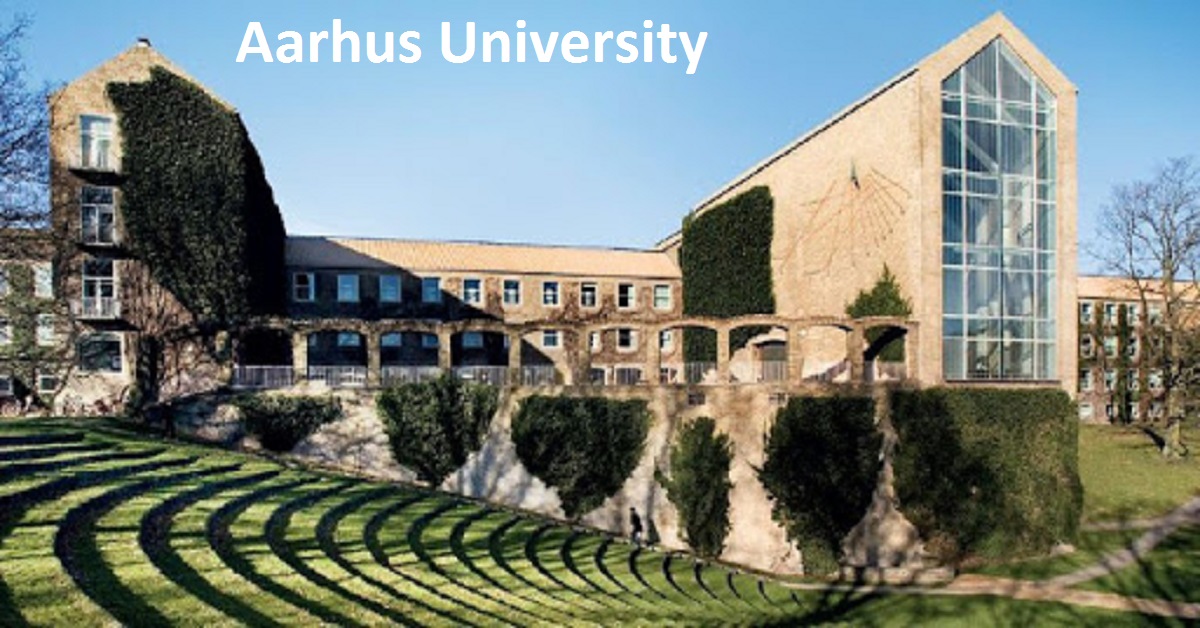Applications are invited for a PhD fellowship/scholarship at Graduate School of Natural Sciences, Aarhus University, Denmark, within the Physics and Astronomy programme. The position is available from August 2022 or later.
Experimental condensed matter physics, material physics, nano physics, surface science
A fully funded PhD Scholarships in Experimental Condensed Matter and Nano Physics is available in the Department of Physics and Astronomy, Aarhus University (AU). The successful candidate will work in the experimental group at Aarhus University under the supervision of Villum Investigator Prof. Yong P. Chen and Assistant Prof. Richard Balog. The main work includes STM studies of 2D and topological quantum materials – particularly superconducting ones, and “in-operando” studies combining STM and transport measurements on quantum devices based on such materials (such as Josephson junction devices, which could be important for quantum computing applications). The project will involve fabrication and transfer of van der Waals/2D materials, nanofabrication of quantum devices (such as Josephson junctions), and low temperature-high magnetic field STM measurements complemented with electrical manipulation and transport measurements. The work also involves other material characterizations, data analysis, interpretation and dissemination of scientific results in peer-reviewed journals and conferences. The aim of the project is to study novel physical properties of 2D/topological/superconducting quantum materials and using STM as a probe to provide local and atomically resolved information on how related quantum devices work, with potential future applications in quantum computation or sensing.
The position will be funded by the VILLUM Center of Hybrid Quantum Materials and Devices headed by Prof. Yong P. Chen at the Department of Physics and Astronomy. The research scope of Center includes the fabrication of novel 2D, topological and hybrid quantum materials, and characterization of their electronic, magnetic and optical properties by local scanning probe techniques, combined advanced quantum transport and other novel measurements on materials and devices with potential relevance in quantum information applications. The local facilities in the group include a Unisoku STM with a base temperature of 0.3 K and magnetic fields up to 16 T, a fully automatic van der Waals transfer setup inside an interconnected glovebox workstation, high-resolution Olympus optical microscope, cryo-free variable temperature inserts from Nanomagnetics for DC and AC transport with a base temperature of 1.8 K and magnetic fields up to 12 T, an atomic resolution Oxford Cypher AFM (operating in a glovebox), Bruker FTIR microscope and a Raman confocal microscope (also operating in a glovebox as well as integrated with the Nanomagnetics system to enable low temperature/magneto Raman spectroscopy). Mesoscopic devices are fabricated in the state-of-the-art iNANO class-100 cleanroom (https://inano.au.dk/research/research-platforms/cleanroom/)
You must EITHER upload this project description (½-4 pages) as a PDF OR describe your own ideas and research plans for this specific project. If you wish to, you can indicate an URL where further information can be found. Please note that we reserve the right to remove scientific papers, large reports, theses and the like.
Qualifications and specific competences:
Bachelor degree and strong background in Physical Science and Engineering (relevant research experiences such as in 2D materials, surface science, low temperature physics, nanodevices are plus). Strong motivation and interests in experimental physics, and nano/quantum science. Good writing and speaking skills in English. Before entering PhD program the candidate is normally expected to have or obtain a Master degree.
Place of employment and place of work:
The place of employment is Aarhus University, and the place of work is Department of Physics and Astronomy, Ny Munkegade 120, DK-8000 Aarhus C, Denmark
Contacts:
Applicants seeking further information for this project are invited to contact:
- Professor Yong P. Chen, yongchen@phys.au.dk
- Assistant Professor Richard Balog, balog@phys.au.dk
Please note that applicants are encouraged to contact one of the contact persons before submitting their application to GSNS.
How to apply:
For information about application requirements and mandatory attachments, please see the Application guide. Please read the Application guide thoroughly before applying and note the GSNS language skills requirement.
When ready to apply, go to https://phd.nat.au.dk/for-applicants/apply-here/ (Note, the online application system opens 1 March 2022)
- Choose May 2022 Call with deadline 1 May 2022 at 23:59 CEST.
- You will be directed to the call and must choose the programme “Physics and Astronomy”.
- When filling in information about the project, please choose: “In-operando STM studies of 2D quantum materials and devices (ISTMs2)” in the dropdown menu in the box named “Study”.
Please note:
- The programme committee may request further information or invite the applicant to attend an interview.
Aarhus University’s ambition is to be an attractive and inspiring workplace for all and to foster a culture in which each individual has opportunities to thrive, achieve and develop. We view equality and diversity as assets, and we welcome all applicants. All interested candidates are encouraged to apply, regardless of their personal background.
